The Kidney Disease Codebreakers
How machine learning is revolutionizing the way we predict the progression of chronic kidney disease.
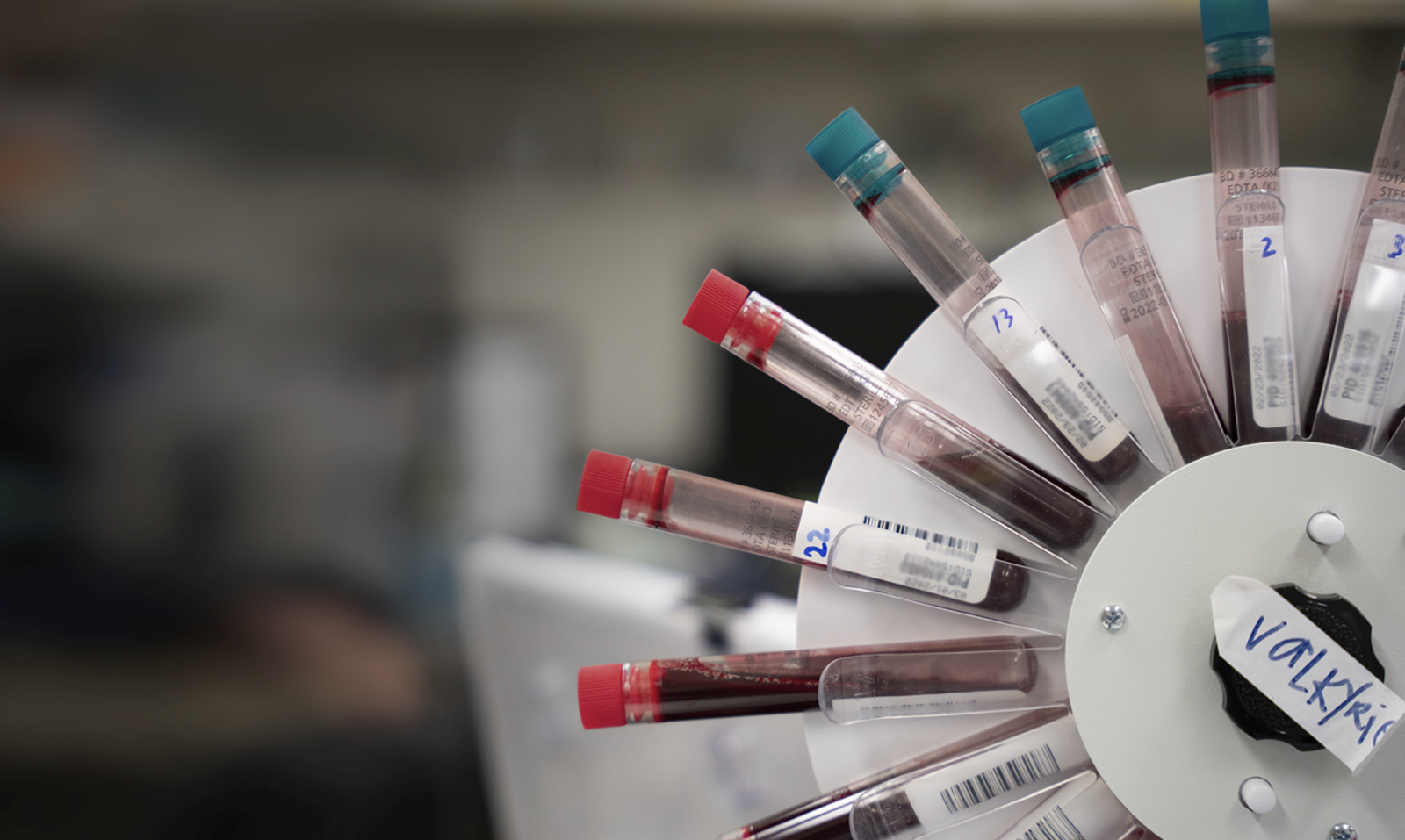
Around the world, more than 850 million people suffer from chronic kidney disease.
One study projects that by 2040, chronic kidney disease will be the fifth leading cause of death worldwide.
Yet the typical clinical measurements of kidney health are imprecise. Many people who are likely to experience progressive decline in kidney function aren't being identified, and as a result aren't getting the care they need.
But at Mount Sinai Health System, a team of researchers has developed an innovative solution that can more accurately predict the risk of progression of chronic kidney disease for patients with type 2 diabetes. The test is based on bioprognosis, an approach that combines prognostic biomarkers and clinical inputs to predict health outcomes.
The Idea
Founded in 2018, Renalytix is an in vitro diagnostics company on a mission to eradicate kidney disease. Renalytix developed the KidneyIntelX test, which uses a machine learning algorithm to integrate and analyze an array of patient data, including blood-based biomarkers and inherited genetics. This generates a score that quantifies the individual patient risk of rapid kidney function decline within a five-year period.
Two Mount Sinai faculty members played a key role in its development.
Girish N. Nadkarni, MD, MPH, is the Irene and Dr. Arthur M. Fishberg Professor of Medicine at the Icahn School of Medicine at Mount Sinai, the founding chief of the division of data-driven and digital medicine, and the co-director of the Mount Sinai Clinical Intelligence Center. His research focuses on using data science to better predict, diagnose, and treat complex disease to predict the incidence and progression of disease.
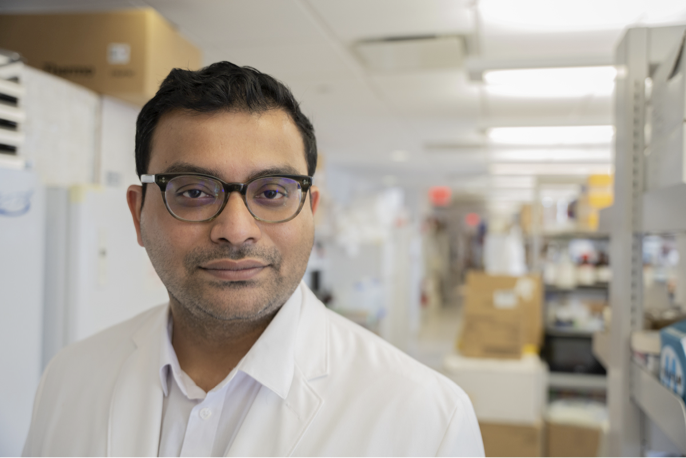
Girish N. Nadkarni, MD, MPH
Steven G. Coca, DO, MS, is a Professor of Medicine at the Icahn School of Medicine at Mount Sinai, the Associate Chair for Clinical and Translational Research for the Department of Internal Medicine, and the Director of Clinical Research for the Division of Nephrology. His research seeks to identify biomarkers to help predict kidney disease and risk of complications.
It's about getting people on the right drugs at the right time and slowing progression of the disease and mitigating consequences of kidney disease, such as cardiovascular events.
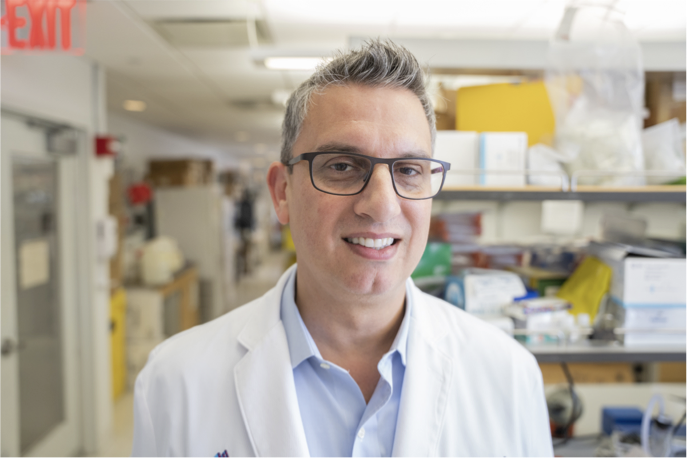
Steven G. Coca, DO, MS
The two doctors had been working together for half a decade when the realization hit them: They could combine Dr. Coca's nephrology research and Dr. Nadkarni's focus on data science to develop a better way to forecast the progression of kidney disease.
This better measurement of risk can improve and save lives, according to Dr. Coca, because the earlier doctors can know which patients are at higher risk for rapid disease progression, the sooner they can begin treatment. "It's about getting people on the right drugs at the right time and slowing progression of the disease and mitigating consequences of kidney disease, such as cardiovascular events," he says.
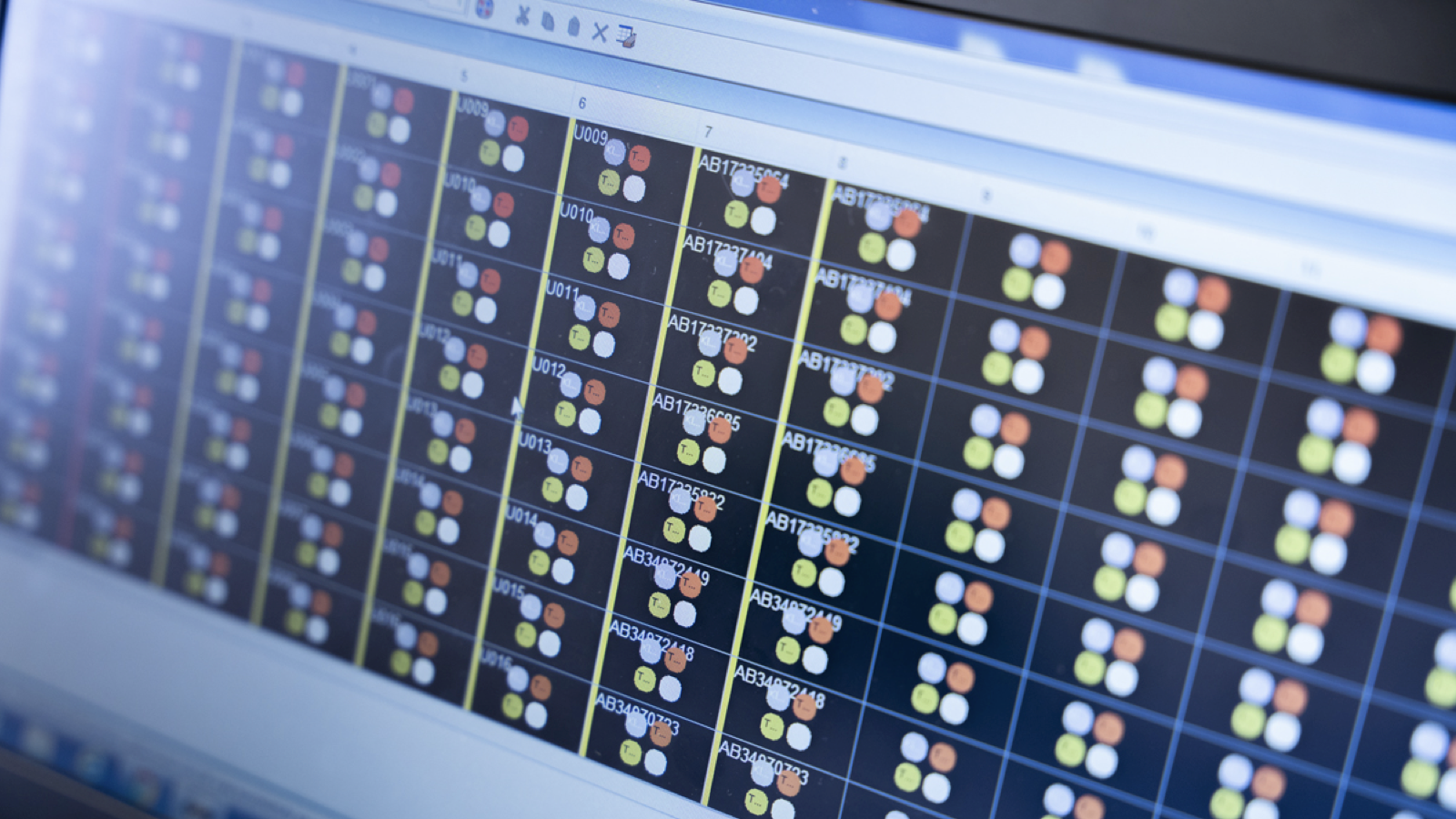
Every 24 hours in the United States, 360 people begin dialysis treatment for kidney failure. Yet even with such care, the outlook is poor.
We use specialized software to visualize and analyze data from blood assays.
Applying Artificial Intelligence
Machine learning is a subset of artificial intelligence and data science which deals with algorithms and models that improve in performance as they have exposure to more data. A specific machine learning algorithm can function as a platform, taking in multiple diverse inputs (both biological and clinical) and leveraging the complex relationships among the inputs for improved performance. The performance gets better as more diverse data are added to the platform, allowing the algorithm to improve and become more precise in its predictions.
Dr. Coca and Dr. Nadkarni needed to teach their algorithm to identify blood drawn from patients who were likely to experience progressive decline in kidney function. To do this, they needed thousands of blood samples to use as training data.
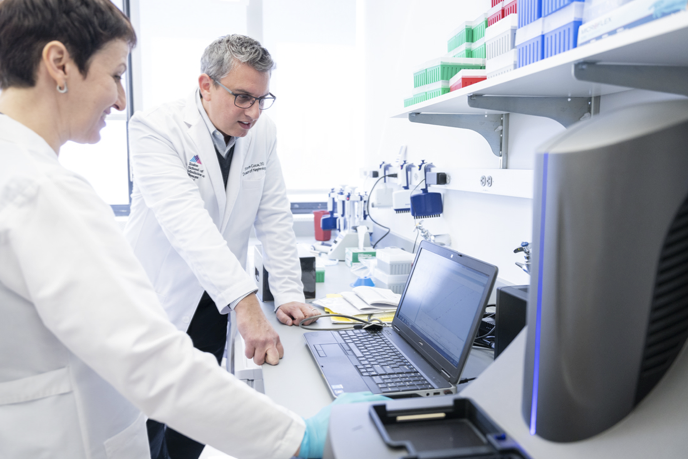
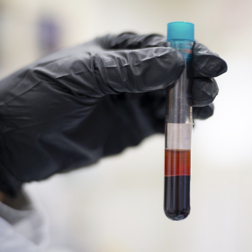
Thousands of blood samples are stored at the BioMe BioBank, a collection of de-identified blood samples, genetic data, and health information provided by Mount Sinai patients with appropriate consent at Icahn Mount Sinai in the Charles Bronfman Institute of Personalized Medicine. (All BioBank data are stripped of identifying information.)
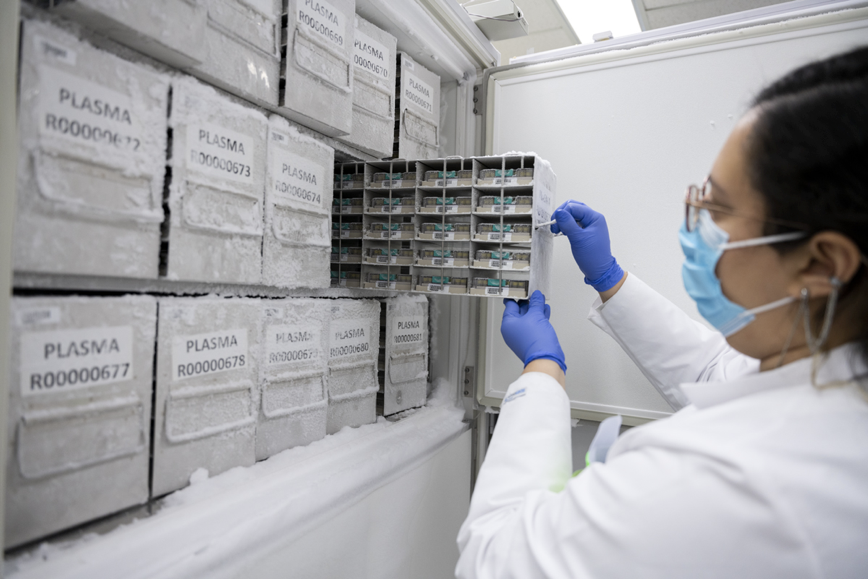
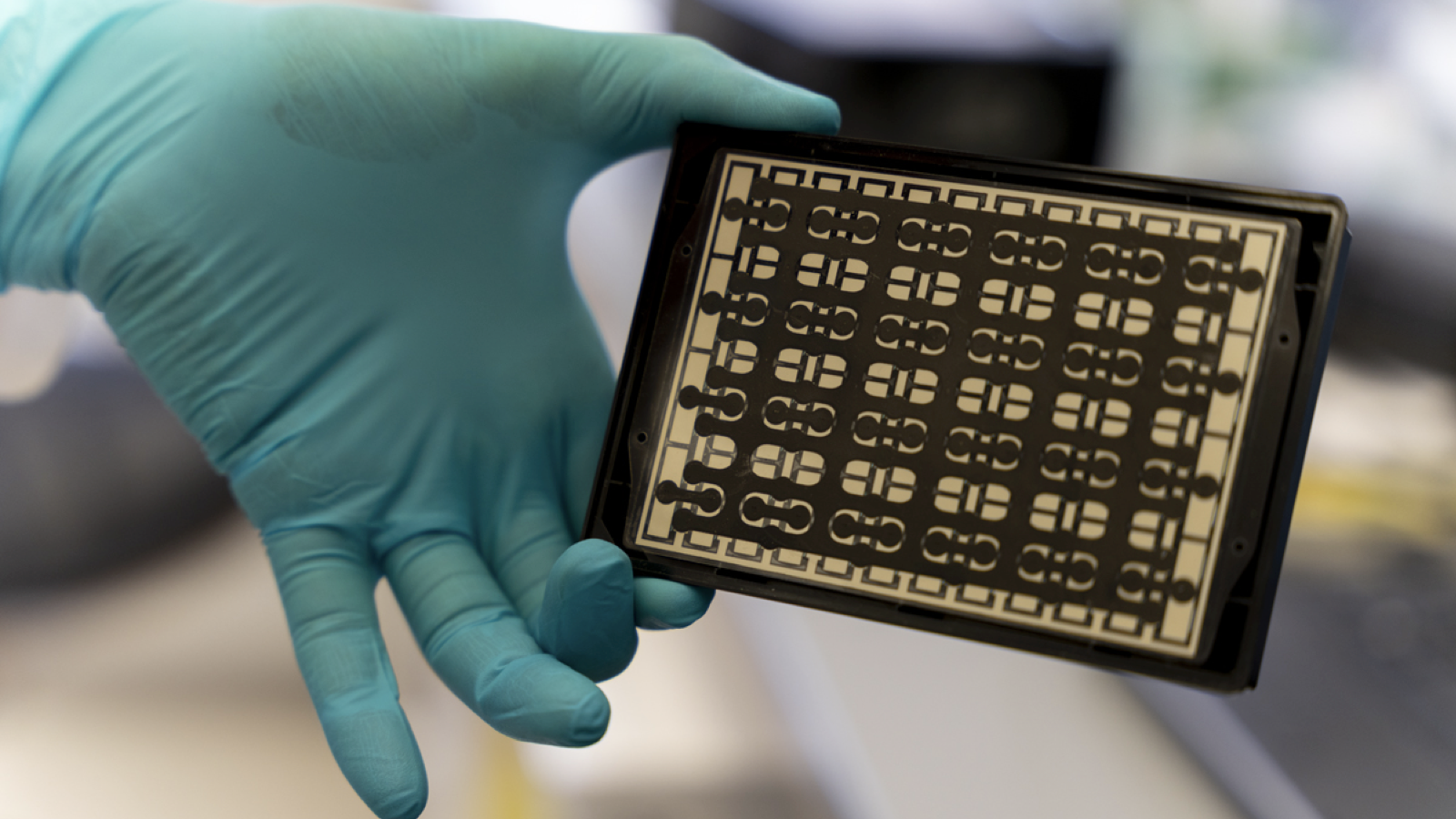
People don't understand how much effort it takes to put a regulated product into use at scale.
A well plate is a device used to measure the levels of biomarkers.
The Entrepreneur
In 2017, entrepreneur James McCullough, who builds emerging technology companies in the public and private sectors, was encouraged by a colleague to look into the work of Drs. Coca and Nadkarni.
Mr. McCullough was skeptical. Even when a promising technology emerges, he says, "people don't understand how much effort it takes to put a regulated medical product into use at scale."
Nevertheless, he agreed to meet Dr. Coca and Dr. Nadkarni. Their work addressed "one of the most obvious unmet needs I've ever seen," he says.
Mr. McCullough was convinced that investors would feel the same way. In 2018, he founded Renalytix to commercialize the work. Today he is CEO of Renalytix, and the company's scientific advisory board includes Dr. Coca and Dr. Nadkarni, as well as additional experts from Mount Sinai and other health care systems.
The company's first product, for patients with type 2 diabetes, is the KidneyIntelX test. Launched in collaboration with Icahn Mount Sinai, the test provides a highly accurate assessment of how likely a patient is to progress toward renal failure, as well as a simple kidney health risk score that can help patients and physicians jointly determine the appropriate course of treatment.
The capital markets liked what they saw. In November 2018, Renalytix raised $29 million on AIM, a London Stock Exchange market created for high-growth companies. In July 2020, Renalytix was listed on Nasdaq and raised an additional $85 million.

James McCullough, Renalytix CEO
In November 2018, Renalytix raised $29 million on AIM, a London Stock Exchange market created for high-growth companies. In July 2020, Renalytix was listed on Nasdaq and raised an additional $85 million.
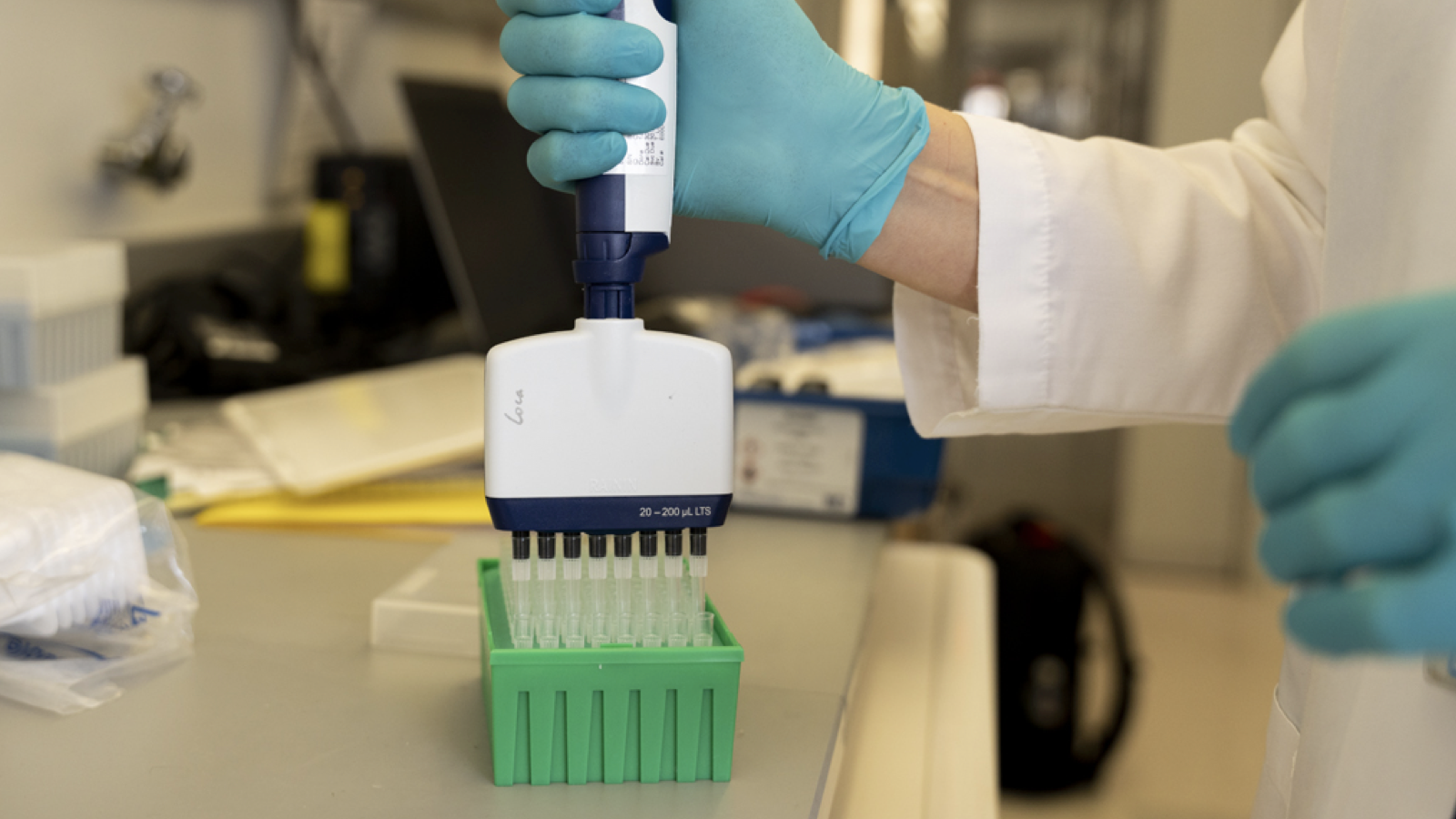
The Mount Sinai culture is critically important to what we've done. They have taken measured risks and invested in advancing technology that improves patients' lives.
The Outcome
In September 2020, Renalytix reached a milestone as it initiated commercial KidneylntelX testing at Mount Sinai.
The process is simple. For a patient with diabetes and early-stage chronic kidney disease, a clinician obtains a patient blood draw and sends it to one of Renalytix's CAP-accredited, CLIA and ISO-certified labs. The lab measures levels of TNFR1, TNFR2, and KIM1 using a highly quality-controlled, multiplex assay. This information is fed into the KidneylntelX algorithm, which combines the biomarker measurements with additional data from the patient's electronic health record. The result is a patient-specific risk score presented in a format that's easy to understand and provides a clear care path for the physician based on the level of risk.
Peer-reviewed clinical studies have found that KidneyIntelX is 72 percent more effective than traditional methods in identifying early-stage adult patients with type 2 diabetes at higher risk for kidney disease progression and kidney failure. To date, more than 2,500 patients have been tested with KidneyIntelX. Those found to be at higher risk are being treated with recently approved therapies to slow kidney and cardiovascular disease, such as SGLT2 inhibitors, and are being referred for consultation with nephrologists, dietitians, and population health pharmacists for care optimization.
This approach is gaining popularity. Partnerships with Atrium Health, Wake Forest Baptist Health, and Wake Forest School of Medicine have led to increased deployment. Other partnerships will follow, including those with the University of Utah Health System, hospitals in the Trinity Health Network, Singing River Health System, and the Veterans Affairs Health System.
Once you figure out how to help patients, you find the best way to scale it is taking it out of academia and commercializing it, so you can help more people, faster.
Meanwhile, the technology continues to evolve. "Today we are optimizing the algorithm, bringing in new biomarkers that have been discovered since we started, and partnering with pharma for enriched clinical trials, or to show pharmacodynamic response," says Dr. Coca.
All of this was accomplished in less than five years.
Mr. McCullough credits this success to the partnership between Renalytix and Mount Sinai.
The Mount Sinai culture is critically important to what we've done. They have taken measured risks and invested in advancing technology that improves patients' lives.
Moving quickly from idea to action means improving more lives sooner. This is the ultimate goal of Renalytix, and of every technology startup. It's also the goal of partnerships powered by innovation at Mount Sinai.
"Once you figure out how to help patients," says Dr. Nadkarni, 'you find the best way to scale it is taking it out of academia and commercializing it, so you can help more people, faster."
The KidneyintelX product described is based on technology developed by Mount Sinai faculty and licensed to Renalytix. Mount Sinai and Mount Sinai faculty, including Drs. Coca and Nadkarni, have a financial interest in Renalytix. In addition, Drs. Coca and Nadkarni are members of the Scientific Advisory Board and Mount Sinai has representation on the Renalytix Board of Directors.




